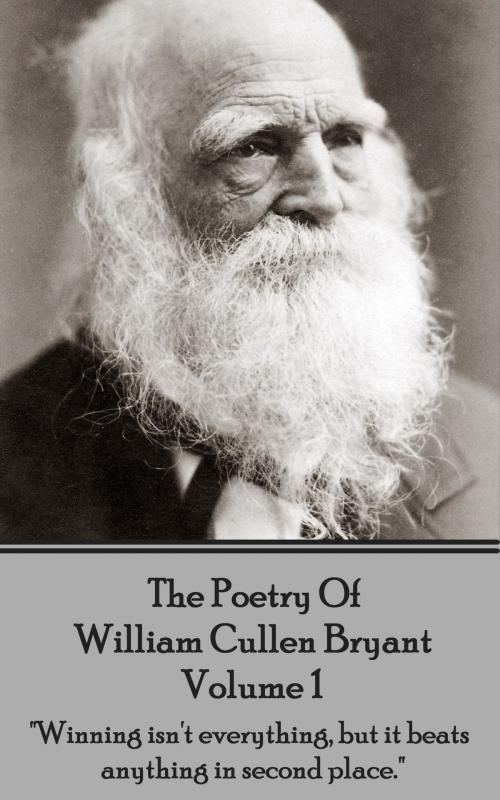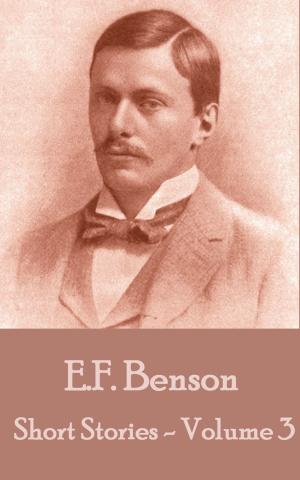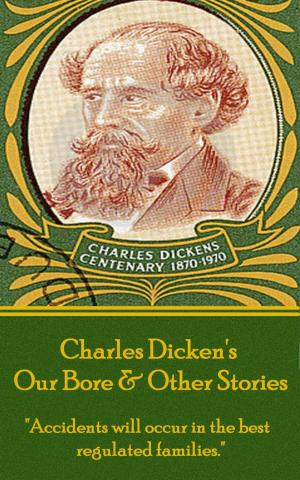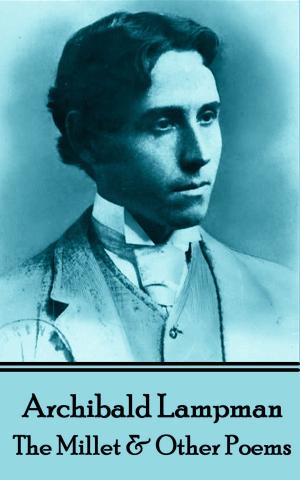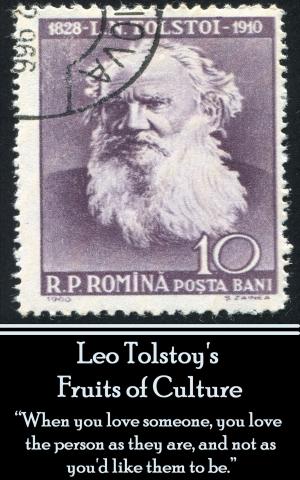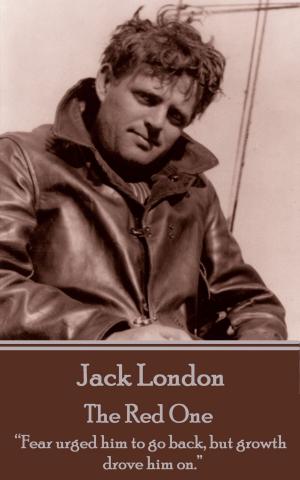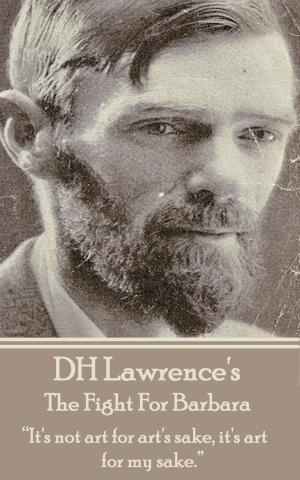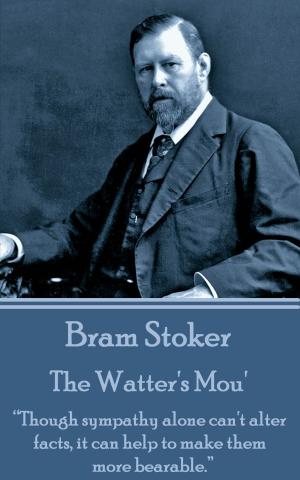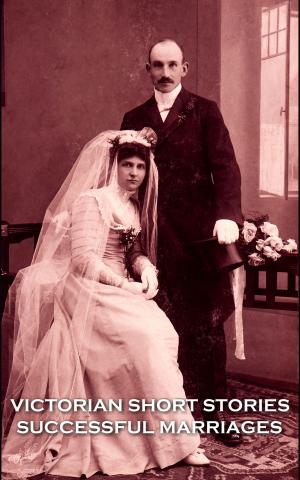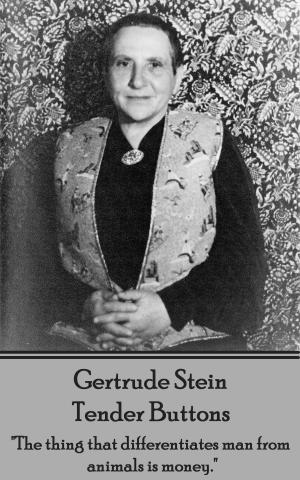The Poetry of William Cullen Bryant - Volume 1
"Winning isn't everything, but it beats anything in second place."
Fiction & Literature, Poetry, British & Irish| Author: | William Cullen Bryant | ISBN: | 9781785430640 |
| Publisher: | Deadtree Publishing | Publication: | December 15, 2009 |
| Imprint: | Portable Poetry | Language: | English |
| Author: | William Cullen Bryant |
| ISBN: | 9781785430640 |
| Publisher: | Deadtree Publishing |
| Publication: | December 15, 2009 |
| Imprint: | Portable Poetry |
| Language: | English |
On January 11, 1821, he married Frances Fairchild. With an invitation to address the Harvard University Phi Beta Kappa Society he wrote "The Ages", a panorama in verse of the history of civilization, culminating in the establishment of the United States. That poem led a collection, entitled Poems, which he arranged to publish on the same trip to Cambridge. His career as a poet was thus launched. Even so, it was not until 1832, when an expanded Poems was published in the U.S. and, with the assistance of Washington Irving, in Britain, that he won recognition as America's leading poet. However writing poetry wasn’t paid well enough to sustain his family and from 1816 to 1825, he continued to practice law in Great Barrington, Massachusetts. In 1825, he was hired as editor, first at the New-York Review, then the United States Review and Literary Gazette. After two years of great effort to breathe life into periodicals, he became Assistant Editor of the New-York Evening Post, originally founded by Alexander Hamilton, that was surviving precariously. Within two years, he was Editor-in-Chief and part owner. He remained the Editor-in-Chief until 1878. Eventually, the Evening-Post became the foundation of his fortune and the means to exercise political power in the city, state, and nation. An early supporter of organized labor, he became known as a defender of religious minorities and immigrants, and an outspoken critic of slavery. Ironically, the boy who first tasted fame for his poetic assault against Thomas Jefferson and his party became one of it’s key supporters in the Northeast of that self-same party. Bryant's views, always progressive though not populist, led him to join the Free Soilers, which became the core of the new Republican Party in 1856. By 1860, he was one of the noted Eastern supporters of Abraham Lincoln, whom he introduced at Cooper Union. (Lincoln’s speech there pushed him to the nomination, and then the presidency.) In his last decade, Bryant shifted from writing his own poetry to a blank verse translation of Homer's ‘Iliad’ and ‘The Odyssey’ from 1871 to 1874. He is also remembered as one of the principal authorities on homeopathy and as a hymnist for the Unitarian Church — both legacies of his father's enormous influence on him. William Cullen Bryant died on June 12th, 1878 of complications from an accidental fall. He is buried at Roslyn Cemetery in Roslyn, Long Island, New York.
On January 11, 1821, he married Frances Fairchild. With an invitation to address the Harvard University Phi Beta Kappa Society he wrote "The Ages", a panorama in verse of the history of civilization, culminating in the establishment of the United States. That poem led a collection, entitled Poems, which he arranged to publish on the same trip to Cambridge. His career as a poet was thus launched. Even so, it was not until 1832, when an expanded Poems was published in the U.S. and, with the assistance of Washington Irving, in Britain, that he won recognition as America's leading poet. However writing poetry wasn’t paid well enough to sustain his family and from 1816 to 1825, he continued to practice law in Great Barrington, Massachusetts. In 1825, he was hired as editor, first at the New-York Review, then the United States Review and Literary Gazette. After two years of great effort to breathe life into periodicals, he became Assistant Editor of the New-York Evening Post, originally founded by Alexander Hamilton, that was surviving precariously. Within two years, he was Editor-in-Chief and part owner. He remained the Editor-in-Chief until 1878. Eventually, the Evening-Post became the foundation of his fortune and the means to exercise political power in the city, state, and nation. An early supporter of organized labor, he became known as a defender of religious minorities and immigrants, and an outspoken critic of slavery. Ironically, the boy who first tasted fame for his poetic assault against Thomas Jefferson and his party became one of it’s key supporters in the Northeast of that self-same party. Bryant's views, always progressive though not populist, led him to join the Free Soilers, which became the core of the new Republican Party in 1856. By 1860, he was one of the noted Eastern supporters of Abraham Lincoln, whom he introduced at Cooper Union. (Lincoln’s speech there pushed him to the nomination, and then the presidency.) In his last decade, Bryant shifted from writing his own poetry to a blank verse translation of Homer's ‘Iliad’ and ‘The Odyssey’ from 1871 to 1874. He is also remembered as one of the principal authorities on homeopathy and as a hymnist for the Unitarian Church — both legacies of his father's enormous influence on him. William Cullen Bryant died on June 12th, 1878 of complications from an accidental fall. He is buried at Roslyn Cemetery in Roslyn, Long Island, New York.
